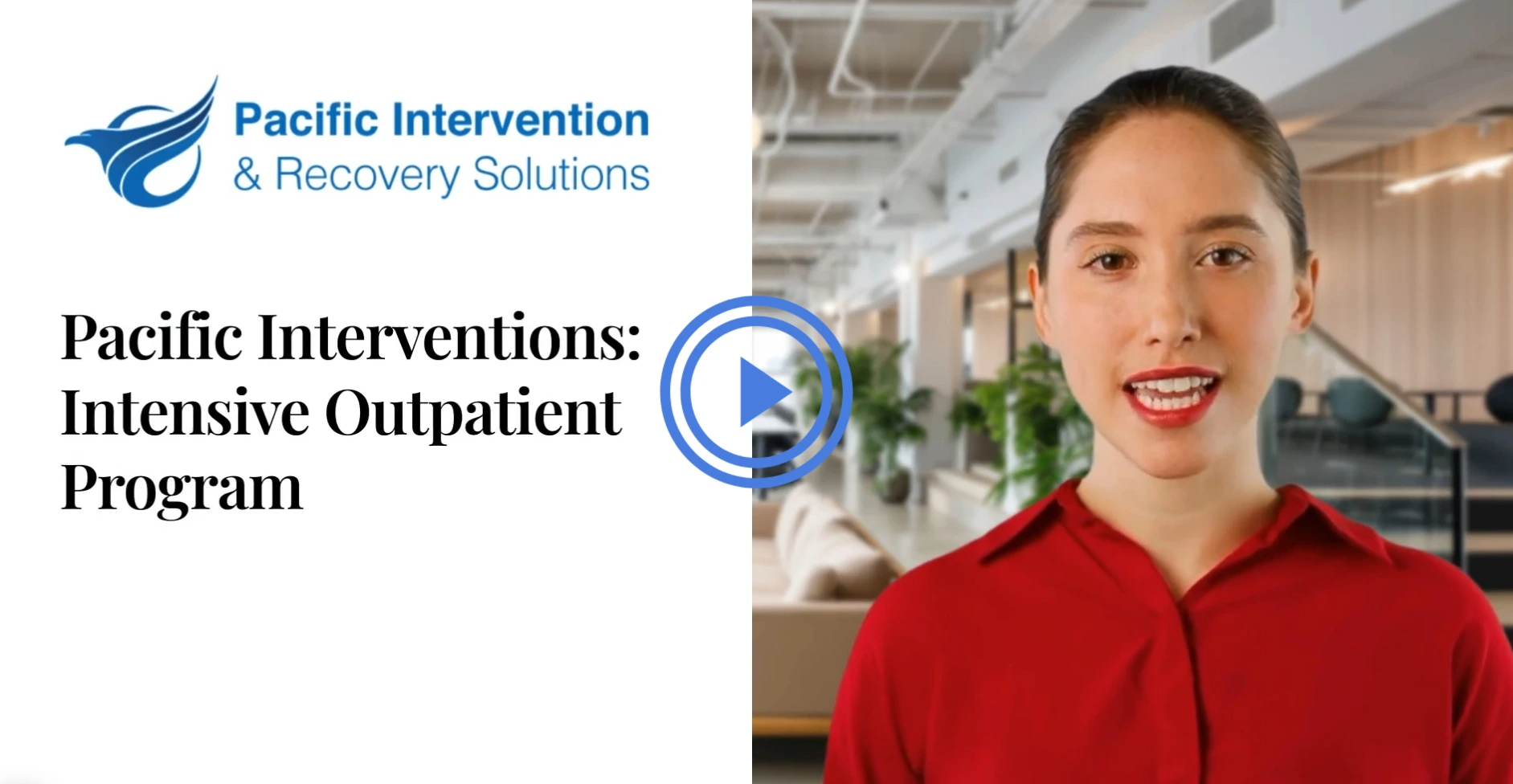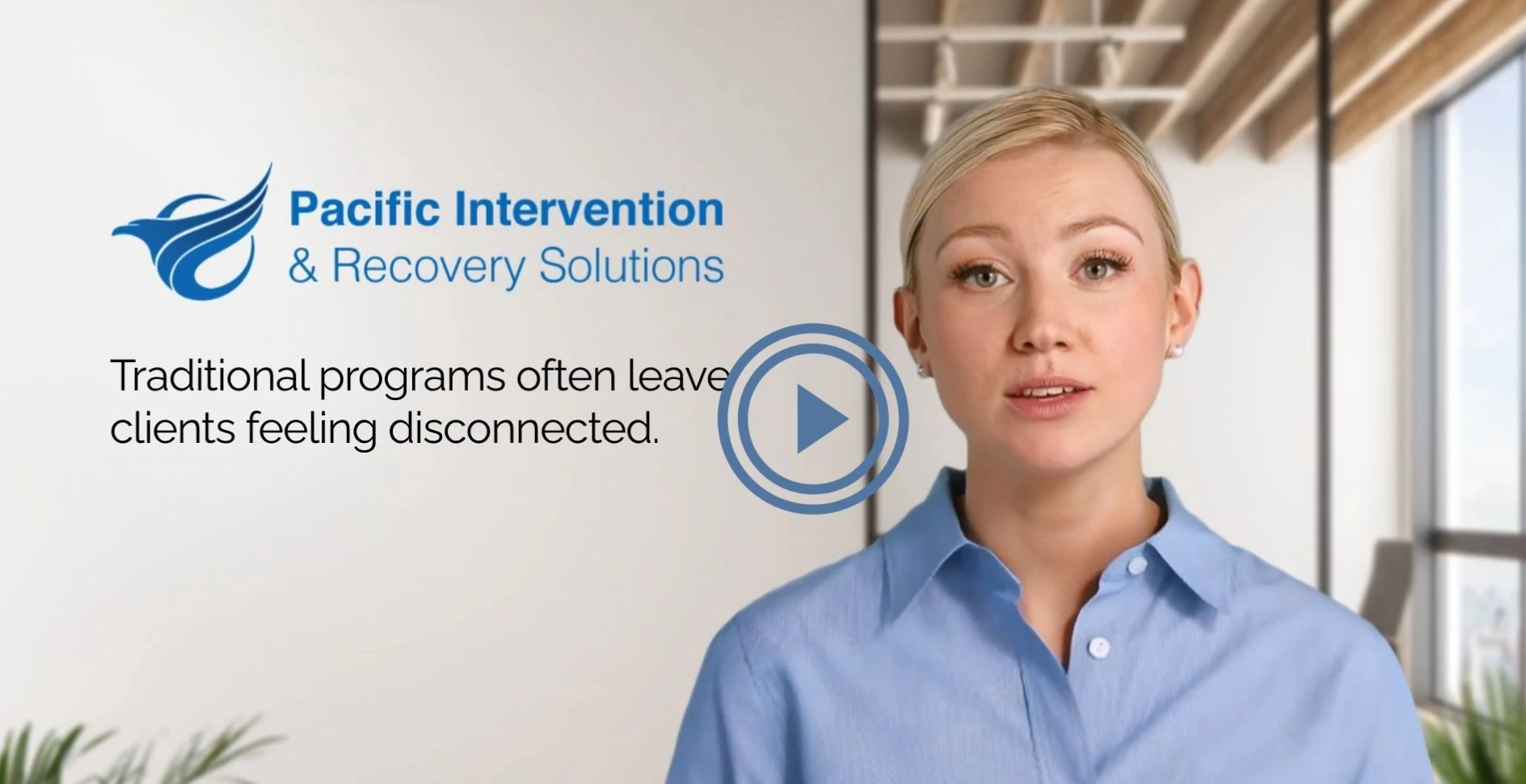The Missing Link: The Human Connection in Online Addiction Treatment
Addiction and Connection
Addiction is a complex and pervasive problem that affects millions of people worldwide. Traditional in-person addiction treatment has long been the standard approach to help individuals recover from various substance and behavioral addictions. However, the advent of technology has brought forth new possibilities with online addiction treatment. While online programs offer convenience and accessibility, they fall short in one crucial aspect: the much-needed human connection. In this blog, we will delve into why online addiction treatment vs In-person treatment often lacks the depth and effectiveness that comes with in-person treatment due to the absence of genuine human interaction.
Personalization and Empathy
One of the cornerstones of effective addiction treatment is the ability to personalize interventions according to each individual’s unique needs and circumstances. In-person treatment provides an invaluable opportunity for therapists and counselors to establish a genuine connection with their patients. This connection enables them to better understand their struggles, fears, and aspirations, fostering empathy and trust. On the other hand, online treatment often relies on pre-recorded videos or generic text-based guidance, making it challenging to develop that vital personalized approach.
Non-verbal Cues
A significant portion of human communication is non-verbal, including facial expressions, body language, and tone of voice. These cues play a pivotal role in conveying emotions and understanding the underlying feelings of a person struggling with addiction. In-person treatment allows therapists to observe these non-verbal cues, which provides crucial insights into the patient’s emotional state. Online addiction treatment, however, lacks this critical dimension, potentially leaving therapists with an incomplete picture and making it harder to tailor treatment accordingly.
Emotional Support and Encouragement
Recovering from addiction can be an emotionally taxing journey, often marked by ups and downs. In-person treatment provides a safe and supportive environment where patients can openly express their feelings and receive immediate emotional support from therapists and peers. This aspect is particularly challenging to replicate in online treatment, where responses may be delayed or templated, creating a sense of isolation that can be detrimental to the recovery process.
Group Therapy Dynamics
Group therapy is a powerful component of addiction treatment as it offers a sense of community and camaraderie among individuals facing similar challenges. In-person group therapy sessions create a space for participants to share their stories, provide mutual encouragement, and learn from each other’s experiences. Online group therapy can indeed facilitate interaction, but it may lack the cohesion and intimacy that physical presence brings, reducing the sense of belonging and shared empathy.
Accountability and Commitment
The accountability that comes with in-person treatment cannot be understated. Regular face-to-face sessions create a tangible commitment for the patient, who knows that they need to show up physically and mentally. Online treatment, with its inherent remoteness, may not instill the same level of accountability, leading some individuals to disengage or not take the process as seriously.
Real-Life Challenges
Addiction recovery often involves confronting real-life triggers and challenges outside the treatment facility. In-person treatment provides a controlled and supportive environment for individuals to practice coping strategies and receive immediate feedback. On the contrary, online treatment may not adequately prepare individuals for the real-life scenarios they will face once they leave the virtual realm.
Crisis Intervention
During the recovery journey, individuals may encounter crises or moments of intense emotional distress. In-person treatment centers have the infrastructure to handle such situations promptly and effectively. Trained professionals can provide immediate intervention, ensuring the safety and wellbeing of the patient. Online treatment, however, might not be equipped to handle crises with the same level of responsiveness, potentially jeopardizing the person’s progress.
Online Addiction Treatment vs In-Person Treatment, Human Connection is Crucial.
While online addiction treatment has its merits, it cannot fully replace the invaluable human connection that comes with traditional in-person treatment. The depth of understanding, emotional support, and personalization that human interaction offers remain unmatched. As technology advances, it is essential to strike a balance between the convenience of online treatment and the necessity of genuine human connection to provide the most effective addiction recovery support possible. Ultimately, combining the strengths of both approaches could pave the way for more comprehensive and successful addiction treatment strategies.









